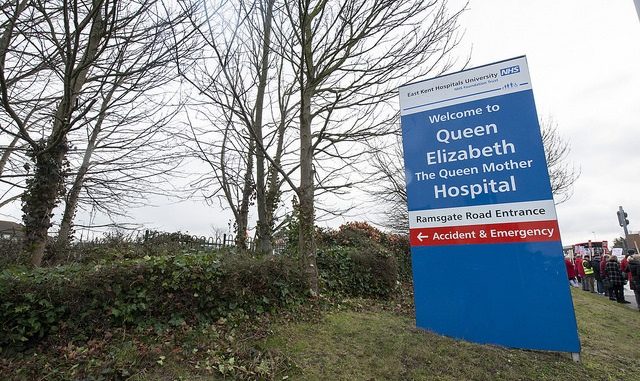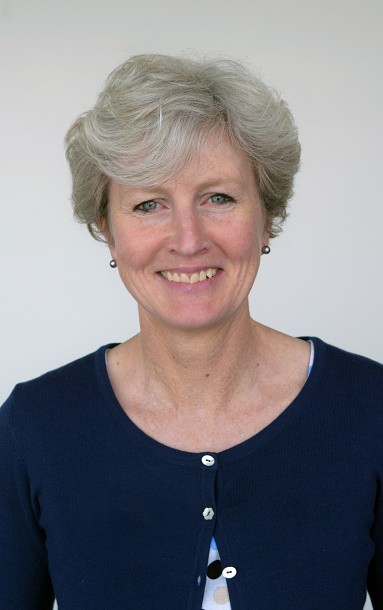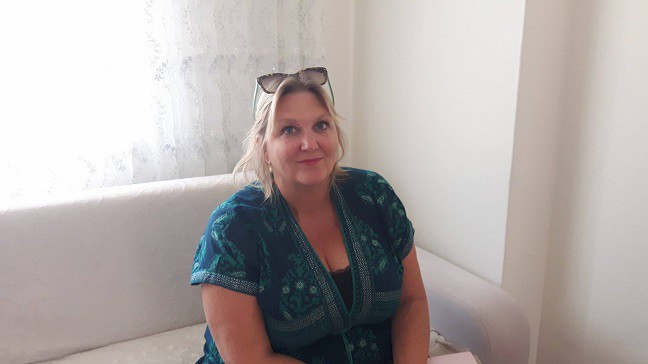
The Care Quality Commission has taken urgent action to protect children and young people using services provided by East Kent Hospitals University NHS Foundation Trust.
A team of inspectors from the Care Quality Commission visited the Queen Elizabeth The Queen Mother Hospital at Margate and William Harvey Hospital at Ashford in response to information of concern provided by public and staff, and to follow up on the previous findings identified in the emergency department and operating theatres concerning children’s care.
As a result of the inspection in October 2018, children’s services in both hospitals have been rated Inadequate overall. The service was rated Good for caring, Requires Improvement for being effective and responsive and Inadequate for being safe and well led. There has been no change to the trust’s overall rating which remains Requires Improvement.
Inspectors found staff at QEQM sometimes could not meet children’s need because they were “stretched beyond capacity.”
Following the inspection, CQC used its urgent enforcement powers to impose conditions on the trust:
- The trust must not use adult trolleys for patients under the age of 18 unless a risk assessment has been undertaken and documented to minimise any risk of harm.
- The trust must submit a report to the Care Quality Commission each week giving the numbers of paediatric nursing and paediatric medical staff for all shifts along with the number of patients under the age of 18 in both hospitals, along with any incidents reported by the child health division in the seven days prior to the report.
- Every four weeks the trust must submit a report to CQC in respect of the child health division, giving audit figures for pediatric early warning scores, medicines, use of resuscitation trolleys, and sepsis. The reports must show how clinical outcomes are being audited, monitored and acted upon.
- The trust must submit its current risks on the child health division risk register to CQC every two weeks.
- The provider must submit a report to CQC every four weeks on the current training rates for all staff who provide care and treatment to patients under the age of 18.
At the Queen Elizabeth the Queen Mother Hospital inspectors found children’s needs were not always being met because staff were stretched beyond capacity.
Resources to care for patients with mental health concerns were insufficient. At night children were often made to wait in the same emergency department areas as adult patients, sometimes exhibiting volatile behaviours or issues related to alcohol. Inspectors were particularly concerned about reports of a sometimes abrupt and judgemental attitude shown by administrative and senior staff.
However, inspectors recognised that despite staff working under pressure they interacted well with babies and children, to keep them distracted and calm. Parents were often complimentary about the care received. In the Special Care Baby Unit at Queen Elizabeth the Queen Mother Hospital, parents reported staff were very caring and supportive.
‘Under pressure’

CQC’s Deputy Chief Inspector of Hospitals Dr Nigel Acheson said: “It is clear that the children’s services at East Kent Hospitals University NHS Foundation Trust have been working under some pressure, apparently with no end in sight. We could not allow this to continue – and we used our enforcement powers to ensure that appropriate action is taken to protect young patients.
“In general we have seen that the trust has a strong and caring workforce. In particular, the children’s emergency nursing staff were providing excellent, compassionate care although we also found that some staff were overstretched and could be abrupt to parents.
“I am concerned that some of the data that we found had not been properly reported to the board – who through inconsistency in the data were being given false assurance about the quality and safety of care.
“I am pleased to report that since our inspection, the trust has assured us that the service has made significant improvement and we should be in a position to remove the conditions in the near future. We will continue to monitor those services and we will return in due course future to check progress.”
Improvement programme
East Kent Hospitals says it has started an intensive 12 month programme of improvements including increasing staffing levels for children’s services, implementing a new, daily safety checklist across all hospital areas caring for children and young people and re-training staff.

Trust Chief Executive Susan Acott said: “Staff have worked quickly and thoroughly over the last three months, changing everyday working practices and how services are managed to make hospital services for children and young people safe and respond to the CQC’s feedback.
“We immediately addressed concerns raised by the CQC that are highlighted in today’s report, including recruiting more specialist children’s staff, implementing a thorough regime of daily safety checks and improving the environment children are cared for within, particularly in our emergency departments.
“The CQC has announced today that it is assured we have already made significant improvements.
“The CQC has recognised that our staff are caring and compassionate, and we know, from the way staff have transformed the quality of our maternity services, for example, that we can achieve quick and sustainable staff-led change here in East Kent Hospitals, and that’s exactly what we intend to do over the next 12 months for children’s and young people’s hospital services.”
In October, the Trust restructured from four, large clinical divisions into seven smaller care groups, led by clinicians not managers.

County councillor Karen Constantine said she was “shocked and outraged” by the inspection findings.
She added: “It tells us all we need to know about the incredibly poor state of our NHS in Thanet. It seems to me to be at a tipping point, where collapse cannot be far away.
“I shall raise this with Craig MacKinlay and will be calling on him to table an urgent question in Parliament to Matt Hancock Secretary of State for health calling for the urgent intervention we need.
“This crisis has been predicted by the RCN and the Royal College of Paediatrics. You cannot cut the flow of people into training without cutting the services they deliver. I’m sure that staff are doing their best to deliver a safe service but they are being undermined in their endeavours.”
Action by the Trust
Increased staffing levels
Improved staffing levels in emergency departments for children’s services at both hospitals to ensure services are safe and children and young people are well-cared for. We have filled A number of vacant posts have been filled in both hospitals since the date of inspection, including four children’s nurses, two emergency department children’s nurses, one neonatal nursery nurse, two doctors and two child safeguarding practitioners.
The Trust is reviewing the total number of staff allocated to each ward. There are now children’s nurses in the two emergency departments 24/7.
Thorough new, daily safety checks
Implementation of a new daily safety checklist across all hospital areas caring for children and young people, including the emergency departments.
Staff re-trained on early signs of deterioration
Updated guidelines for staff on how to monitor sick children to recognise the early signs of a child becoming more unwell. Re-training all children’s nurses on the children’s wards, operating theatres and emergency departments using these updated guidelines and new staff undertake this training when they begin work at the Trust, too.
Improved emergency department care for children and young people
24/7 children’s nurses, so children and young people can be assessed and wait in dedicated children’s areas
Senior doctors and nurses reviewing the way children and young people are assessed, diagnosed and treated in the emergency departments, to cut down the time children need to wait.
Proposing how at to provide an isolation area for children with communicable diseases, eg, chicken pox, in the children’s emergency department at Margate.
Ensuring risks are recognised and responded to quickly and appropriately
In October, the Trust restructured the Trust from four, large clinical divisions into seven smaller, care groups, led by clinicians not managers. Each care group now meets monthly with the Chief Operating Officer, Chief Nurse and Medical Director to review quality, risk and governance within their services.
Improving hospital services for children and young people with mental health needs
. Over the next 12 months there will be a focus on further mental health training for staff caring for young patients
Making hospitals more child-friendly
Changing how planned operations are organised so children do not have to fast before their procedure for longer than absolutely necessary, and making sure children have the choice of wearing their own PJs or an operating gown on their way to the operating theatre.
Working with staff to transform the culture of children’s services
A 12-month intensive improvement programme to foster a culture of excellence and best practice within the hospital children’s and young people’s services. This programme is based on the successful BESTT programme (Birthing Excellence Success Through Teamwork.

